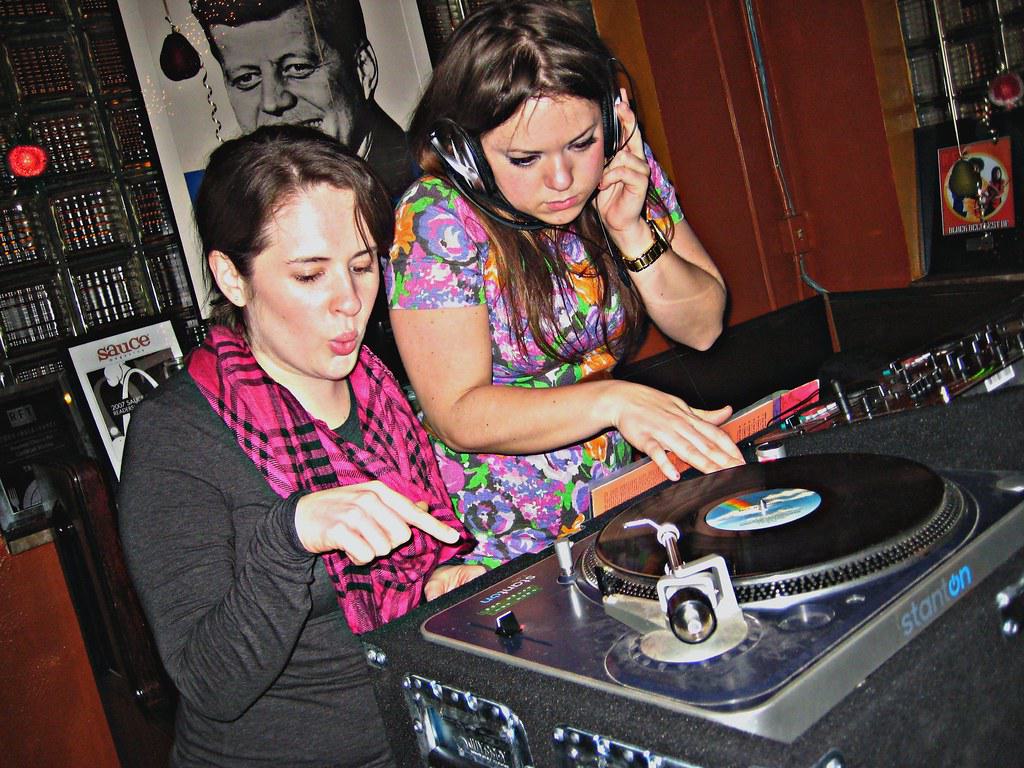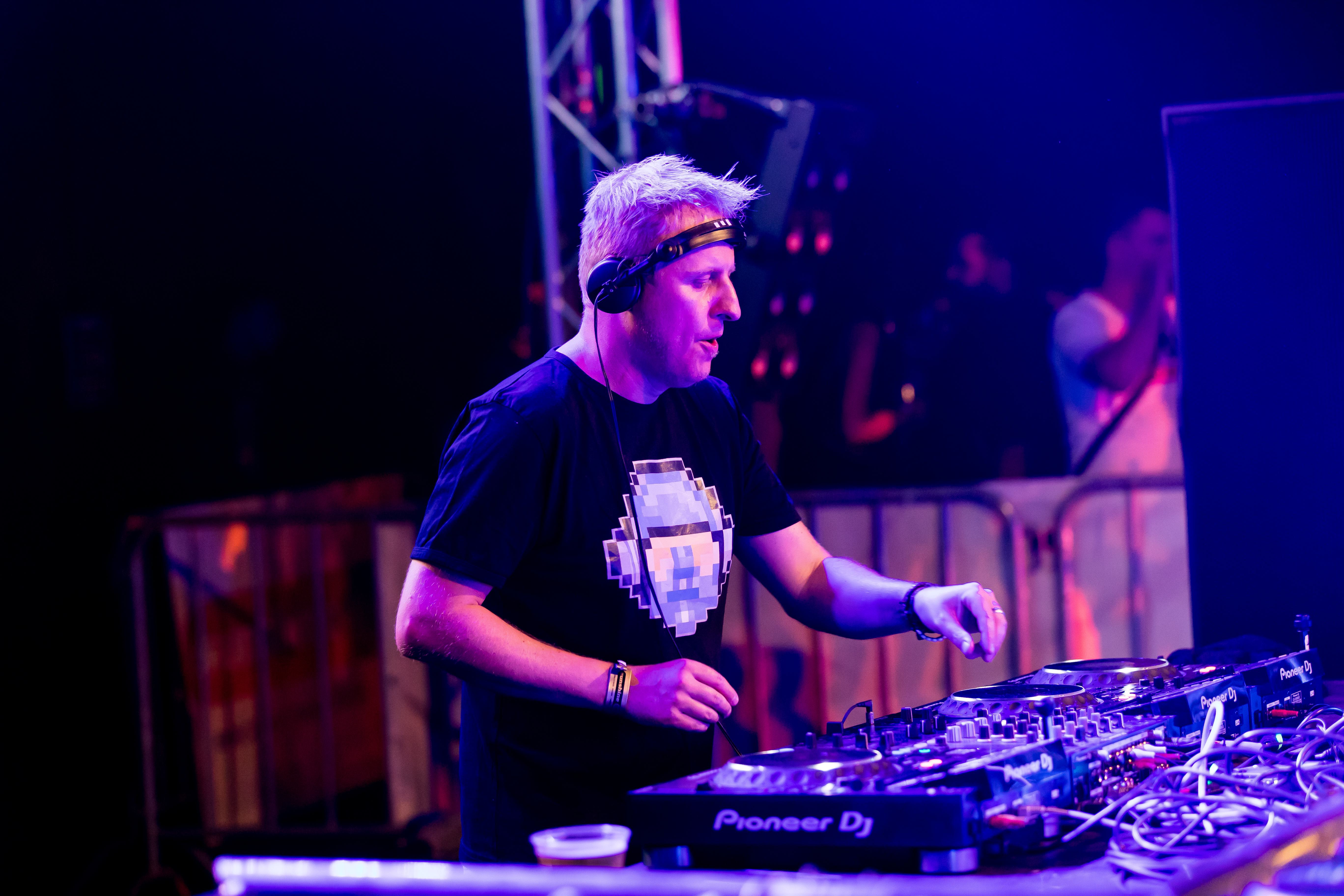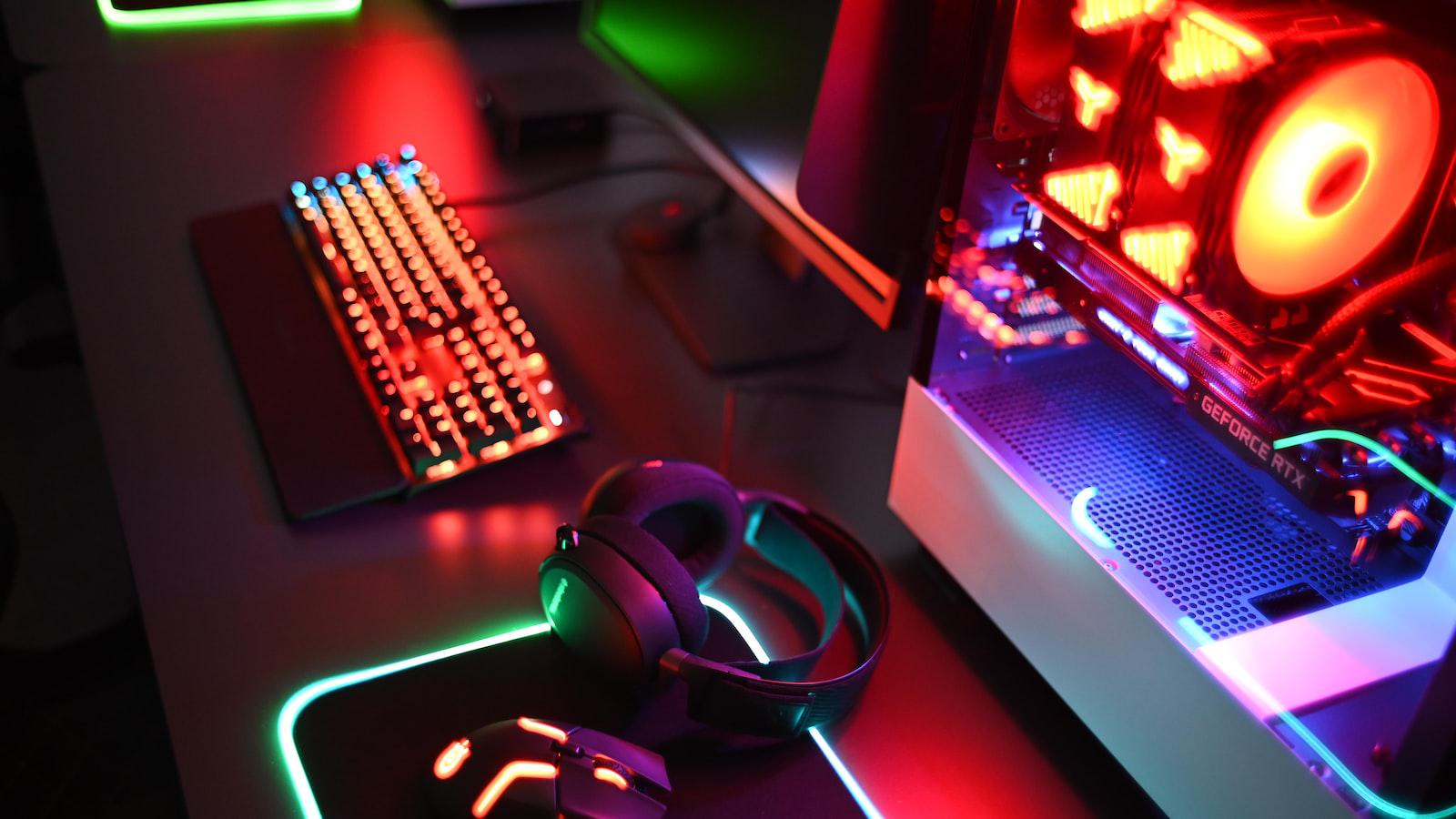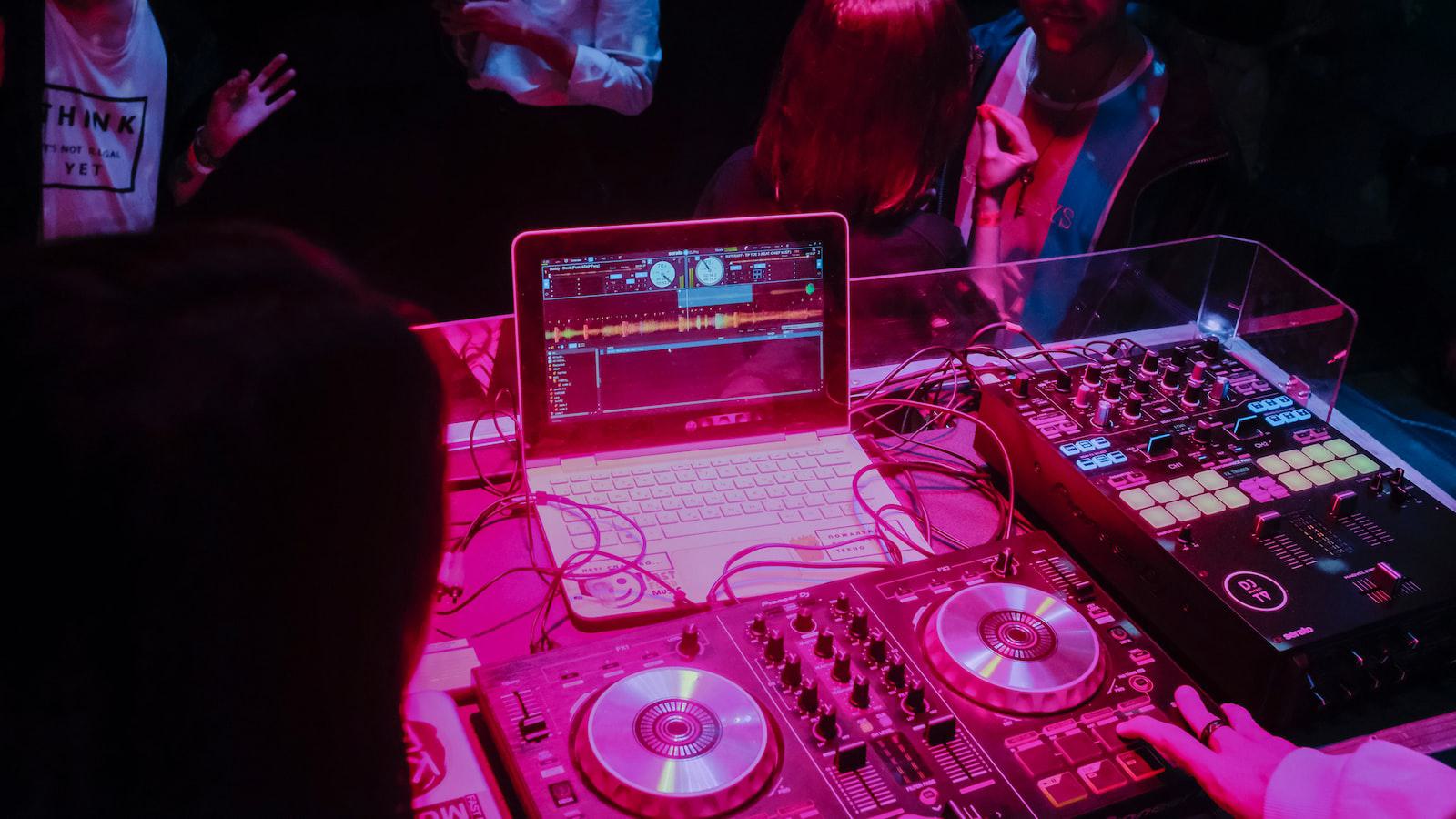
What equipment do I need to start DJing?
Do you dream of spinning tunes like a professional DJ? Well, the good news is that setting up for Turntable Tuesday and providing dance beats doesn’t necessarily have to involve an expensive studio setup. Here, we’ll outline exactly what you need to get your DJ career off the ground.
1. Essential Equipment for Beginning DJs
Aspiring DJs need essential items to begin their craft. Here are the core pieces of equipment all beginning DJs should consider investing in:
- Computer: A computer is the most important piece of equipment a new DJ needs. DJs will need to load and edit files on their computer, as well as access DJ software. Consider budgeting for a computer that offers a lot of power and storage.
- Audio Interface: The audio interface will serve as the go-between between the DJ’s music library on their computer and the equipment they use for monitoring, mixing, and performing.
- Headphones: Good headphones are key to helping DJs easily monitor, mix, and cue music. Portable or studio-grade headphones are recommended over lower-end model, as they are better suited for DJs’ needs.
Additionally, DJs will want to get their hands on additional equipment such as turntables, controllers, speakers, and amplifiers. While not essential right away, these additional pieces of equipment will help further refine and improve a DJ’s skillset and performance.

2. Recommended Models for Professional Quality Results
For professional quality results, you can choose between the following models:
- Studio Model: This type of model is perfect for those looking for excellent audio recording quality, with several features that allow for professional quality productions. It features a wide array of connectors, multiple microphone inputs, and outputs for connecting and controlling a variety of instruments. It also includes editing software that makes it possible to adjust multiple sound parameters.
- Live Model: This model is ideal for producing performances on stage, as it includes inputs and outputs that are designed to work together with external devices. It is capable of recording live performances on the fly for studio-quality results. The adjustable recording parameters also allow for tuning the sound to the finer details.
- Hybrid Model: This model is perfect for mixing in studio and live settings, as it combines features from both the studio and live models. It is highly versatile and makes a great tool for both recording and producing music.
The type of model that you choose ultimately depends on your specific needs. However, it is important to keep in mind that whichever model you choose, a professional quality result can be achieved.

3. Important Things to Consider when Purchasing DJ Equipment
Every DJ needs the right gear and equipment to fill their audience’s needs. When you’re shopping for DJ equipment, there are four essential elements to consider.
- Sound Quality: The quality and power of the sound you get from your speakers and amplifiers are imperative. Look for amps that don’t distort at high levels and speakers that offer the best sound quality.
- Versatility: Choose versatile equipment that can accommodate a variety of styles and sounds. Look for gear with multiple input and output connections and features for more versatility.
- Durability: Make sure the equipment you choose is durable and built to last. The last thing you want is for your equipment to break down in the middle of a performance, so choose high-quality materials that won’t leave you out in the cold.
- Storage: Think about how much space you have to store your gear after performances. Consider purchasing portable equipment or smaller units that can be stowed away in smaller spaces with minimal effort.
DJ equipment can be costly, so it’s important to make sure you’re investing in quality items that will stand the test of time. Do some research and speak to other DJs and technicians about the best gear in each category to find the best fit for you and your budget.

4. Common Mistakes New DJs Make when Buying Gear
When searching for and purchasing the best DJ gear, there are numerous mistakes new DJs make that can lead to a flawed setup or choice of components. Here are some of the most common ones:
- Rush the decision. Many inexperienced DJs hurry their purchases and forget to properly analyze what they need. It’s important to take a deep breath, do your research, and avoid rushing into a decision just because it fits your budget.
- Fail to consider compatibility. A big mistake novices often make is not researching and understanding compatibility requirements among components. All the gear needs to be compatible with your software, otherwise you might end up overspending on equipment you can’t use.
- Forget to budget. Although it’s tempting to go over your budget, it’s important to stay aware of your resources. Avoid buying gear without considering long-term cost and maintenance fees, because this could end up wasting money.
- Be ignorant to features. Different models have different features. While more expensive models tend to have more of this, you should only pay extra for those you actually need. Don’t let yourself be tempted to purchase the most expensive product if you don’t need all the features.
Lastly, do not buy used DJ gear without first verifying the warranty and condition of the product. Sometimes, purchasing old equipment is a great way to save money. However, make sure you properly inspect it before making any payments so you don’t end up spending on a defective product.
If you are looking to get yourself into DJing, then do not be afraid to start. With the right guidance and equipment, you can easily get your foot in the door and begin your journey in the world of DJing. So put on your dancing shoes, let the beats flow, and have some fun while mastering the art of DJing.

